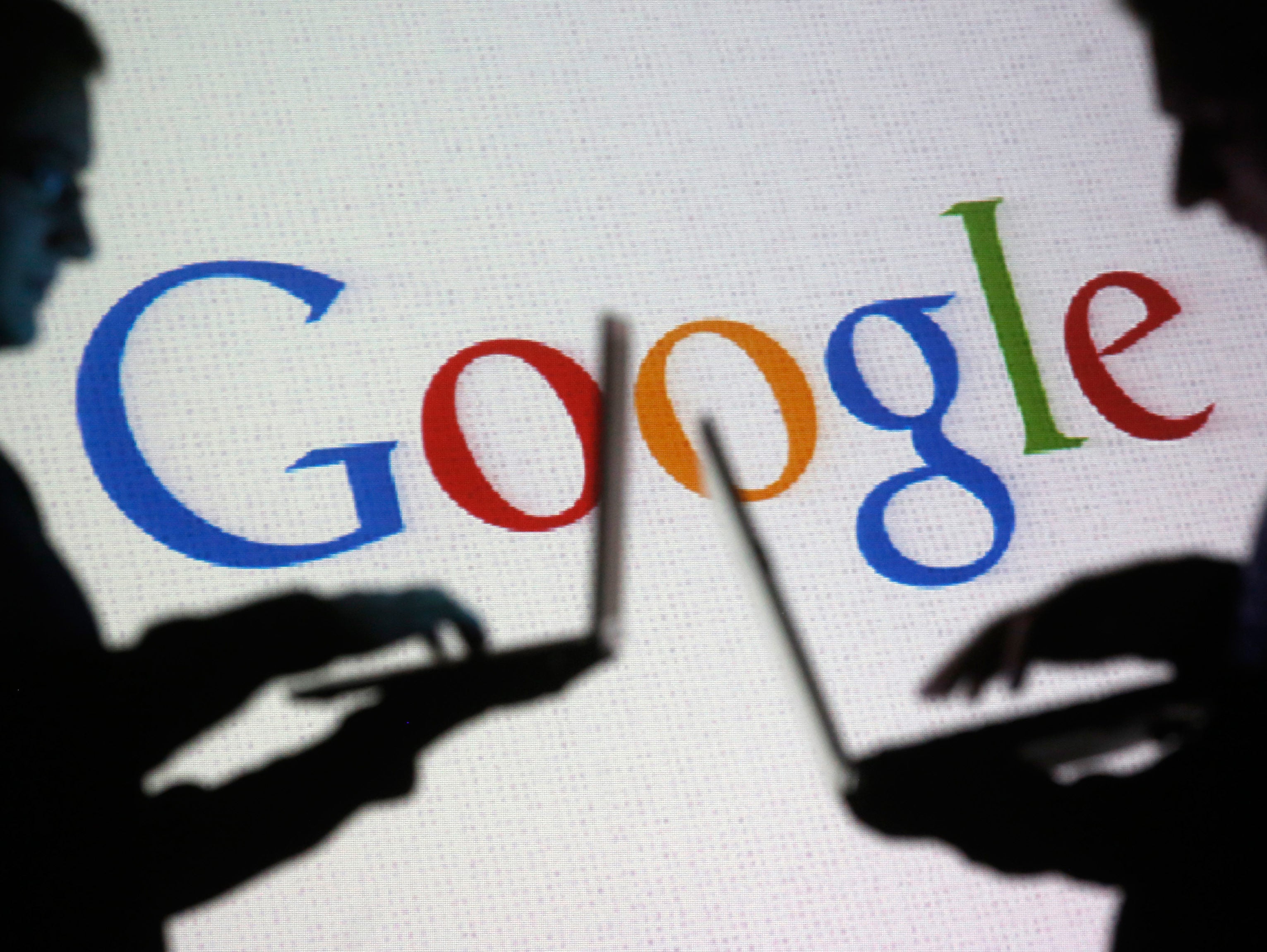
News publishers have said changes to Google’s data protection policy under the General Data Protection Regulation could leave them exposed to “potentially ruinous fines” and was “anti-competitive”.
Four international news publishing trade associations – The News Media Association, Digital Content Next, European Publishers Council and News Media Alliance – have accused the web giant of shifting liability onto publishers and being too vague with how it plans to use personal data.
Google’s updated policy, announced in March, requires publishers to share consumers’ data if they want to use the web giant’s advertising software.
It also asks publishers to bear the brunt of gaining consent from consumers for their personal data, but has not said exactly how it would then use this.
GDPR comes into effect on 25 May and includes stronger data protection and privacy provisions bringing all individuals within the EU under the same umbrella.
Companies that export and handle the personal data of EU citizens, including US-based companies such as Google, must be GDPR compliant or face heavy fines of up to €20m (or 4 per cent of the company’s annual global turnover – whichever is higher).
The trade associations wrote a letter to Google chief executive Sundar Pichai this week.
They said: “Your proposal severely falls short on many levels and seems to lay out a framework more concerned with protecting your existing business model in a manner that would undermine the fundamental purposes of the GDPR and the efforts of publishers to comply with the letter and spirit of the law.”
According to the letter, Google has told publishers it may stop serving adverts on their sites if it deems their method for gaining consumers’ consent is insufficient.
“If Google then dictates how that [consent] mechanism would look and prescribes the number of companies a publisher can work with, this would limit the choice of companies that any one publisher can gather consent for, or integrate with, to a very small number defined by Google,” the letter said.
“This gives rise to grave concerns in terms of anti-competitive behaviour as Google is in effect dictating to the market which companies any publisher can do business with.”
The trade groups also accused Google of an “intentional abuse of your market power” because by acting as a controller of data, it would have “broad rights over all data in the ecosystem, without full disclosure”.
Google insisted it needed controller status to “deliver and improve the product”, including by testing ad-serving algorithms.
A Google spokesperson told Press Gazette: “Guidance about the GDPR is that consent is required for personalised advertising.
“We have always asked publishers to get consent for the use of our ad tech on their sites, and now we’re simply updating that requirement in line with the GDPR.
“Because we make decisions on data processing to help publishers optimise ad revenue, we will operate as a controller across our publisher products in line with GDPR requirements, but this designation does not give us any additional rights to their data.
“We’re working closely with our publisher partners and are committed to providing a range of tools to help them gather user consent.”
According to the latest Advertising Association data, Google takes 90 per cent of the UK search advertising total as the journalism industry is getting a smaller proportion of advertising spend.
Press Gazette last year launched its Duopoly campaign warning that the dominance of Google and Facebook in the advertising market was pushing news publishers out of business. The latest figures show that trend continuing.
Picture: Reuters/Dado Ruvic/File Photo
Email pged@pressgazette.co.uk to point out mistakes, provide story tips or send in a letter for publication on our "Letters Page" blog
